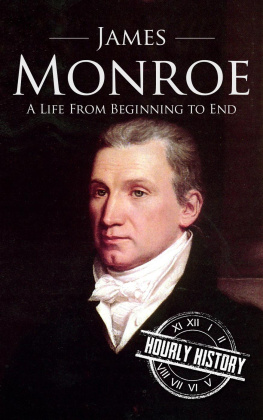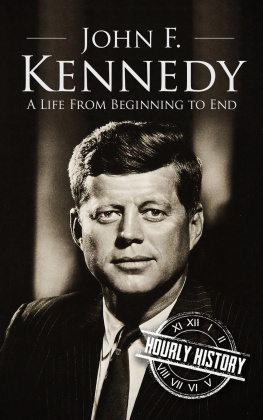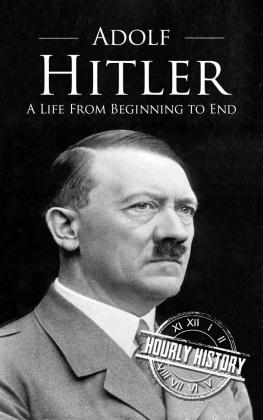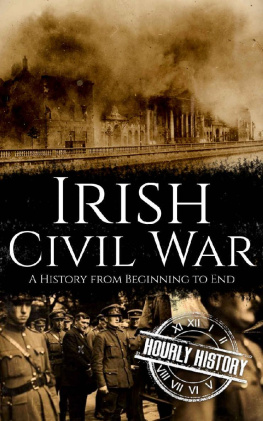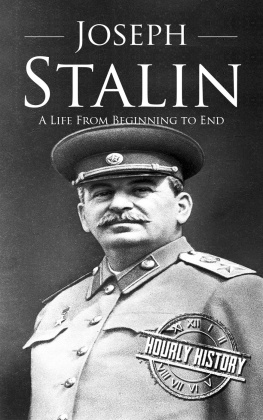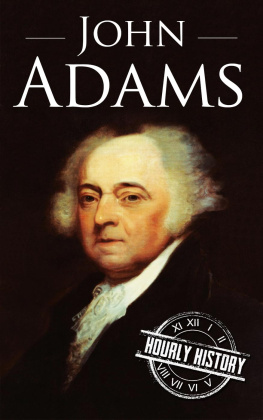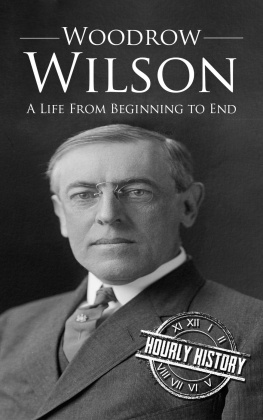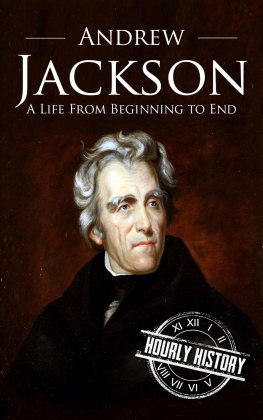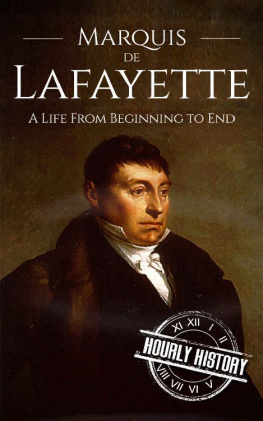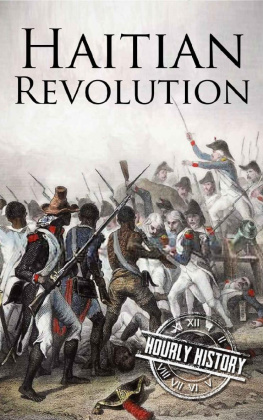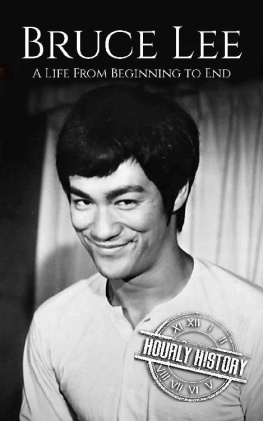H e was more than the doctrine that bears his name, and that was the imprimatur of much of American policy that would follow. He was a Founding Father, perhaps the least known of the men who vaulted from the American Revolution to the Presidency and the fourth of the Virginia Dynasty, after Washington, Jefferson, and Madison, who governed the country they had helped to build. He had served under General George Washington during the Revolutionary War; he was a friend of Thomas Jefferson; he belonged to James Madisons Cabinet.
His years of service encompassed virtually all of his adult life, from the time he left the College of William and Mary to join the Continental Army to the waning years of his life when the former president welcomed visits from Frances Marquis de Lafayette and another former president John Quincy Adams, the New Englander who had ably served Monroe as Secretary of State in a time of international upheaval that led to the creation of the Monroe Doctrine. As Madisons Secretary of State, John Quincy Adams helped to negotiate the purchase of territory that Napoleon Bonaparte was selling and when he was president, he would welcome the new states of Mississippi, Alabama, Illinois and Maine into the Union. Missouri also joined, thanks to a compromise that warned of the schism over slavery that would befall later presidents. During this time, Monroe feared the threat of national division and the Missouri Compromise seemed to be the most practical means of solving the dilemma.
Governing a country that was significantly bigger than it had ever been, Monroe exhibited a vision that was ready to nurture the nation. By the time he was elected to his second term, one quarter of Americas population lived west of the Appalachians as the Louisiana Purchase which he had helped to negotiate added millions of acres to the country. The concept of Manifest Destiny, which supported the belief that the United States was meant to extend its borders from the Atlantic to the Pacific, began to seem a reality as the added territory lured Americans west. Americans could envision a future where they owned land; 3.5 million acres of land were purchased in 1820, a time when a farmer with a down payment of $100 could purchase eighty acres at the cost of $1.25 per acre.
Thomas Jefferson had cherished the idea of America as an agricultural domain, untarnished by what he viewed as the ruinous effects of urban industrialization. Monroe was less idealistic, embracing the path of progress. Even as the country under Monroe increased its agricultural might, the modernization of Monroes America saw innovations in transportation; Monroe was the first American president to travel on a steamboat. The Erie Canal, which connected Albany and Buffalo, New York, extended more than three hundred miles and was dug not only by Americans born in the country but also by Irish immigrants fleeing oppression and starvation in their own land.
As the country expanded its industry, immigration would continue to provide a growing workforce and diversity that would transform the nation. New York City became a source of ready-made clothes in the 1820s, thanks to affordable cloth, female labor and expanding markets in the South and West that were accessible through coastal and overland trade routes. For the South, the invention of the cotton gin, which took place before Monroes election, was changing the region, emphasizing the need for laborin the form of slavesto capitalize on the growth of the cotton crop. The South would prosper, but its development would make it dependent upon slavery in order to sustain its wealth.
Monroes presidency, known as the Era of Good Feeling saw Americans changing the way they bought their clothes, cooked their food, and maintained their houses. The country that Americans recognize today had its roots in Monroes presidency. The last of the Virginian Founding Fathers to serve as President was also in many ways, the first modern president. The Monroe Doctrine established the primacy of America to determine who ventured into the Western Hemisphere; it was a bold proclamation that, at its inception, depended upon the British Navy to be effective, but the day would dawn when the United States could enforce the policy with its own might.
Monroe was supremely qualified to be president, having served his state and his country at home and abroad before taking office. Yet, unlike his fellow presidential Virginians, his name does not evoke an instant response; he did not write the Declaration of Independence or the Constitution. Those documents, vital though they are to the formation of the United States, were necessary to define the United States in its infancy. James Monroe and the Doctrine that is his namesake belonged to a maturing America, one which was already known for its espousal of freedom and its established representative government.
Monroe would share one remarkable tradition with the fraternity of the Founding Fathers. Like Adams and Jefferson before him, he died on July 4, a fitting epitaph to a man who served his country in such an illustrious fashion.
The tobacco planters and farmers of Virginia adhered to the concept of a hierarchical society that they or their ancestors had brought with them from England. Most held to the general idea of a Great Chain of Being: at the top were God and his heavenly host; next came kings... who were divinely sanctioned to rule, then a hereditary aristocracy who were followed in descending order by wealthy landed gentry, small, independent farmers, tenant farmers, servants.... Aspirations to rise above one's station in life were considered a sin.
Ronald L. Heinemann
V irginia society had an upper class that overcame the Jamestown years, when, legend says, the pampered second sons of wealthy English families who gave the New World a try were told by Captain John Smith that if they didnt work, they wouldnt eat. Survival was a struggle in the colonys early days as the young men of privilege did not readily adjust to the actual physical labor that the colony required. But eventually, those born to privilege would find that Virginia was adapting to their social station and as Virginias wealth increased, so did its cultivation of an elite society where privilege for a select few was a way of life. Such privilege depended upon a servant class. Slavery, which would come to dominate the Southern region, was legal in the colonies on both sides of the Mason-Dixon Line and only later would it come to define the colonies.
The colonys outstanding leaders were incubated in this climate of fortune. James Monroe came from a royalist background; on his fathers side, he was related to supporters of Charles I, the doomed Stuart monarch who was overthrown and beheaded by the Puritan forces of Oliver Cromwell. His great-great grandfather, Patrick Andrew Monroe, came to Virginia colony around 1650 and obtained land in Westmoreland County.









